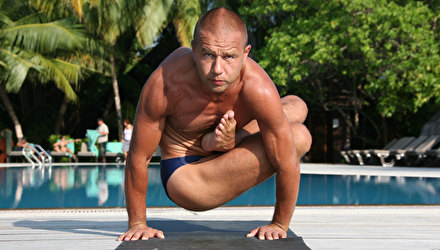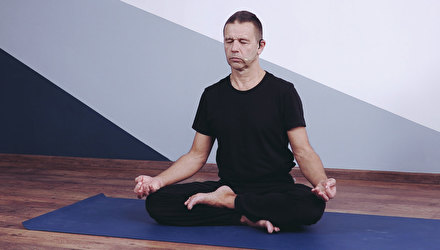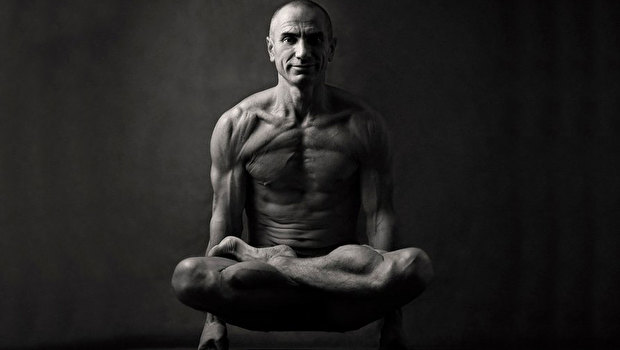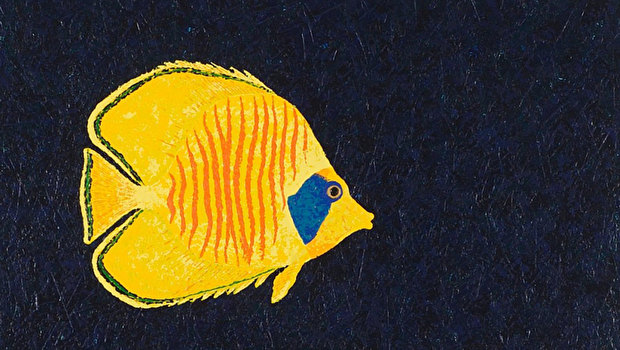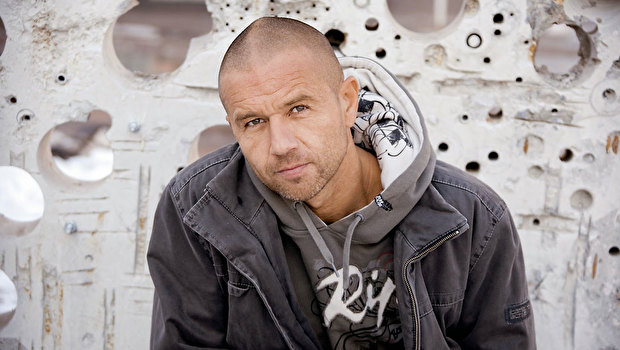Perhaps you went to the swimming section as a child. Maybe you learned to swim on your own. But, oddly enough, most people make a lot of unnecessary movements in the water. From the outside, such a voyage looks like a battle for survival. Stop fighting with the water and learn to swim with pleasure - this is the main task of recreational swimming.
Recreational swimming ( lat. recreatio - restoration ) harmoniously develops all muscle groups, improves endurance, strength, flexibility, reaction speed and coordination of movements, restores the internal resources of the body. Recreational swimming training will help you improve the styles already mastered, learn to swim with a variety of breathing rhythms and dive. And if you don’t know how to swim at all, there is good news for you. It is easier for an adult to hold attention, the motivation for training is much higher. All this creates favorable conditions for successful learning. You need to learn how to perform movements smoothly, without fuss and haste, and speed will appear as a result of correct actions. Much of the emphasis in recreational swimming is on energy conservation and relaxation. And then what you will do will be more like a conscious swim, and not like a desperate attempt to jump out of the water alive. You will enjoy the movements in the water, feel healthy and happy.

Recreational swimming is available to everyone. It is necessary to start mastering recreational swimming with proper breathing. Even if you swim well, but do not know how to breathe properly, you will have to stop after 10-15 meters to breathe. It is impossible to learn to swim without set rhythmic breathing. Due to the density of water, squeezing the chest, you have to spend more effort on a full breath, and exhaling into the water, you have to overcome resistance. You need to exhale slowly and gradually. Without a full exhalation, it is impossible to fully inhale. If you master proper breathing, the path is open for you, you can learn to swim in all sports styles. Moreover, rhythmic breathing in water helps to strengthen the muscles involved in breathing and your lung capacity will increase. The rhythm of the heart is optimized, the elasticity of blood vessels will increase. In people who regularly swim, the pulse is 10-15 beats slower. Stress tolerance is trained. The ability to more easily endure intellectual and emotional stress increases.
The second essential skill in recreational swimming is proper body position in the water. Fast, but incorrectly coordinated movements of the arms and legs in the aquatic environment do not give any progress at all. On the contrary, they lead to fatigue and loss of energy. You will begin to enjoy swimming when you stop straining and making unnecessary efforts. When you can relax, stretch and slide, you will have enough time to inhale and prepare for the correct stroke. Swimming will no longer be tiring. Smooth movements, without splashes and bubbles, will not create additional resistance in the water. And over time, you will be able to swim longer and longer distances with pleasure.
Another positive effect of recreational swimming on the body explains the law of Archimedes. A body immersed in a liquid loses as much of its weight as the weight of the liquid displaced by it. Based on this, a person weighing 70 kilograms will weigh only 3 kg in water. Due to the state of "weightlessness" the spine in the water is unloaded. The absence of compressive load provides all joints with a high range of motion in various planes. Symmetrical movements during swimming include the deep muscles of the back and the press, the correct posture is formed. Staying in water trains the mechanisms that regulate heat transfer. The resistance to infectious and catarrhal diseases, the actions of adverse physiological and environmental factors increases, the phenomena of chronic fatigue are eliminated.

Alla Nosenko
Regular training aimed at slowing down the respiratory rhythm, working with breath holdings, have an even more powerful effect on the body. By training breath holdings during recreational swimming, we achieve not only moderate hypoxia - a decrease in oxygen content in tissues, but also moderate hypercapnia - an increase in carbon dioxide content in tissues. In small quantities, carbon dioxide has a powerful healing effect. Thanks to recreational swimming, the body adapts to various extreme physiological and environmental conditions. The physical and intellectual capabilities of a person increase.
Recreational swimming is of practical importance if your profession is related to water or you are fond of water sports. Training will help you learn how to easily swim long distances and dive while holding your breath.
Recreation ( lat. recreatio - recovery) - a set of recreational activities carried out in order to restore normal health and human performance. The concept began to be used in the 1960s in physiological, medical, socio-economic literature on the problems of recuperation and health. Recreational swimming is aimed at improving the physical and psycho-emotional state of people, at achieving and maintaining the desired level of health, and preventing diseases. Recreational swimming is physical culture and sports activities in the water and swimming with non-fixed physical activity.
Author: Alla Nosenko



